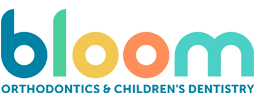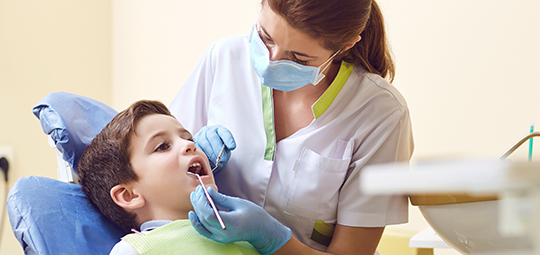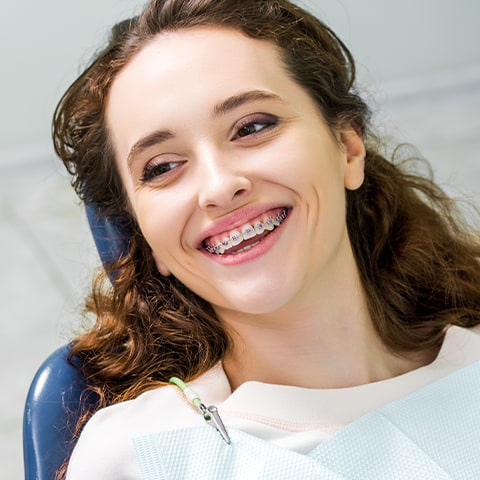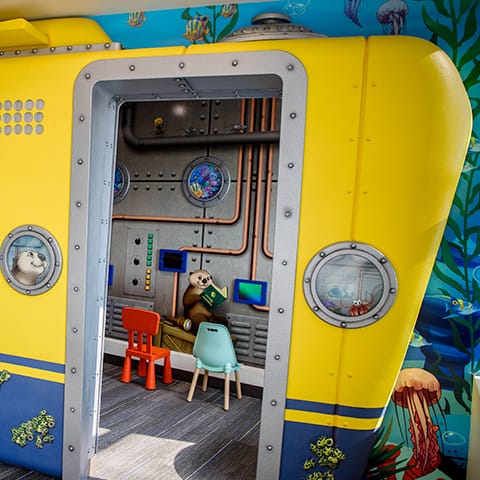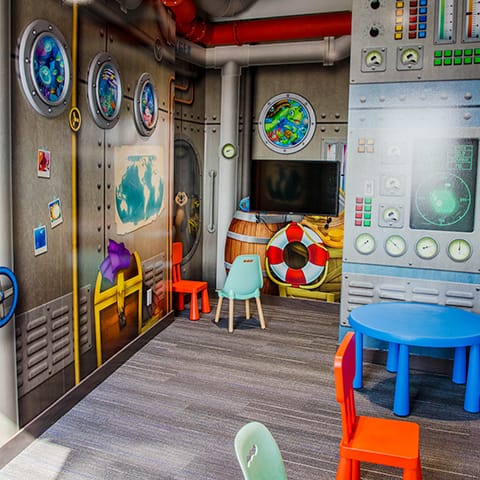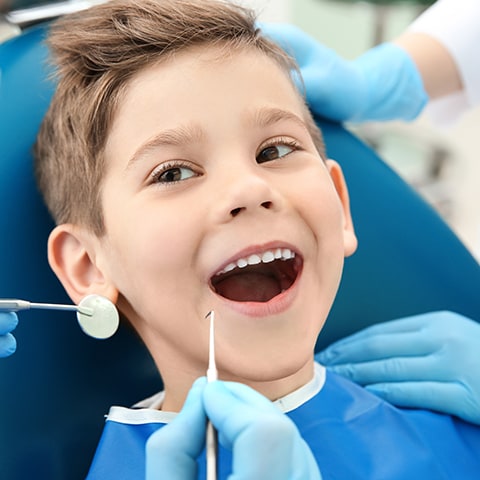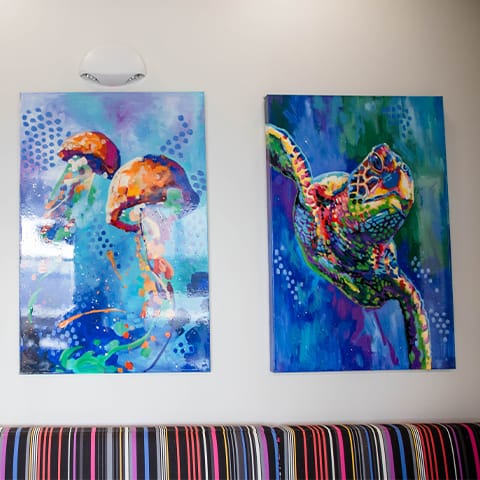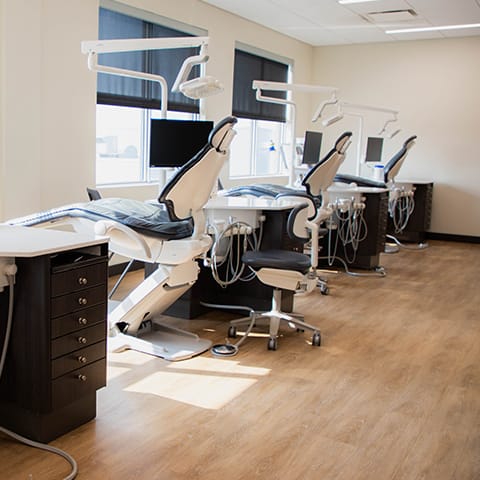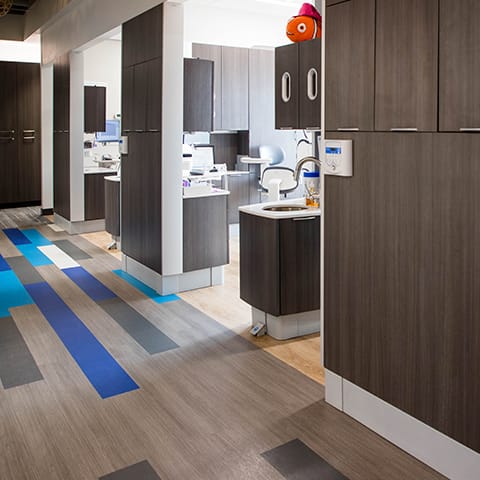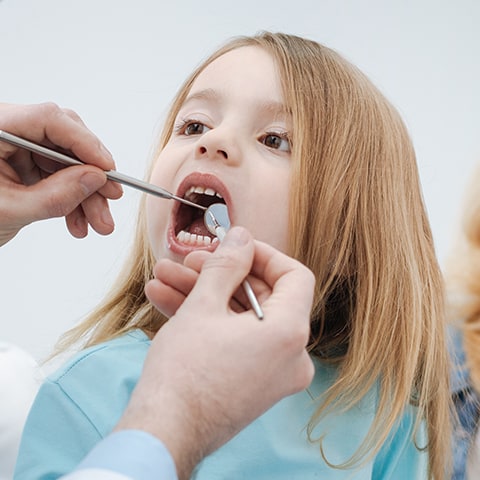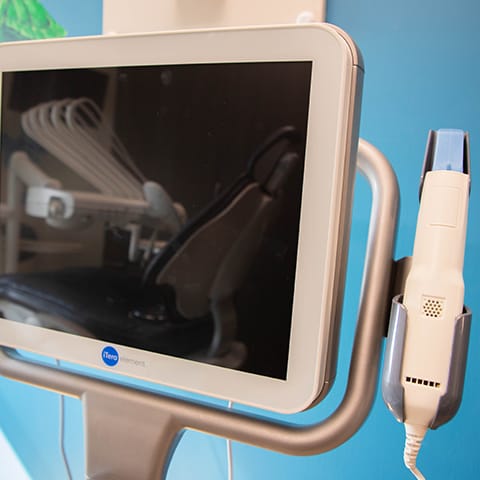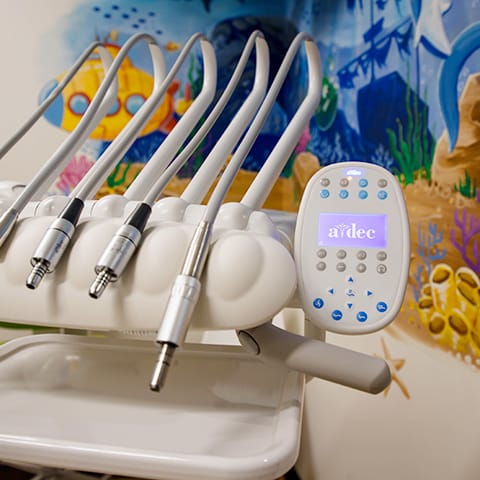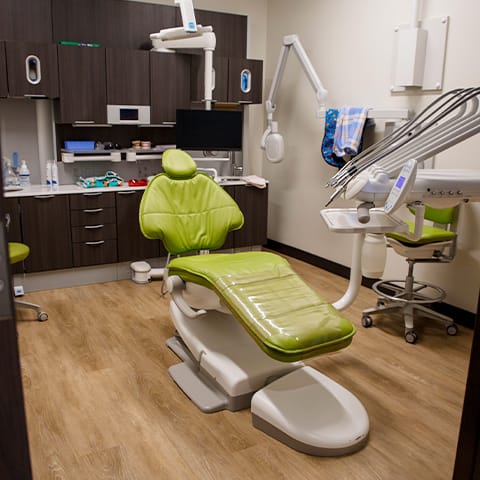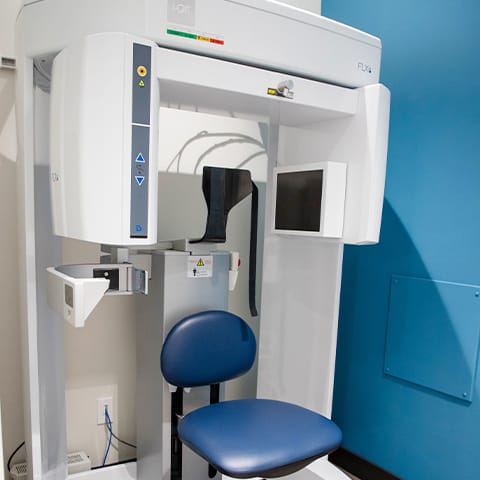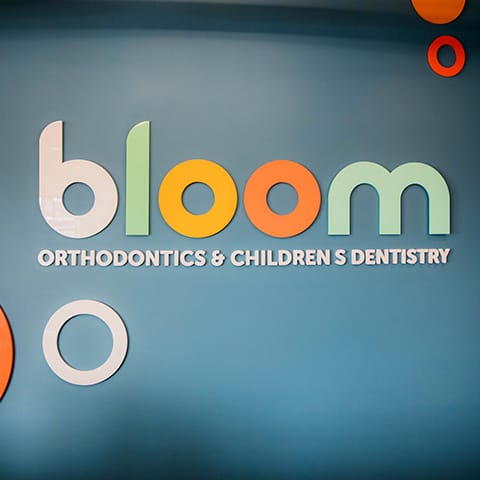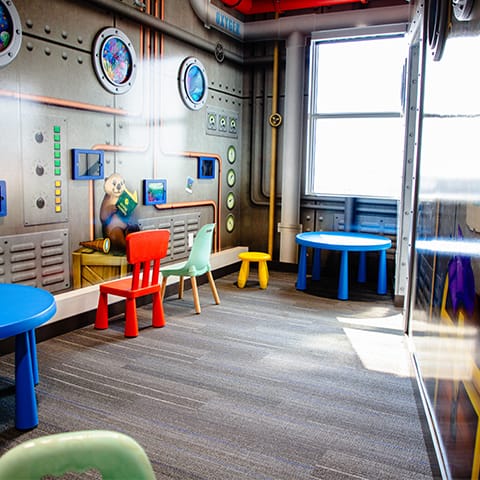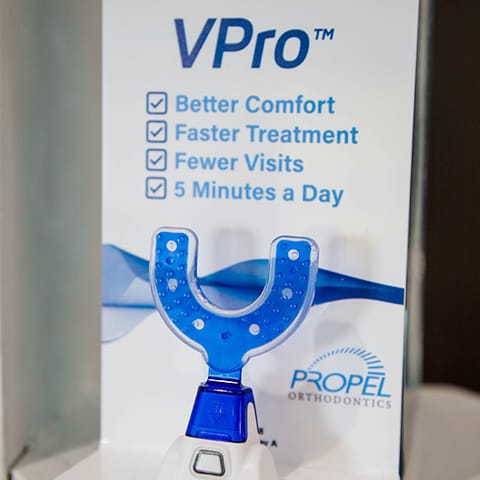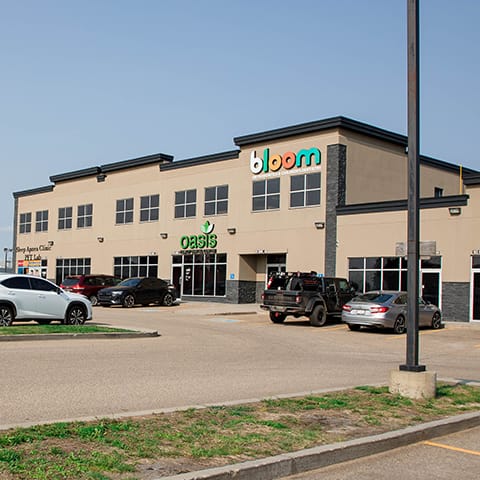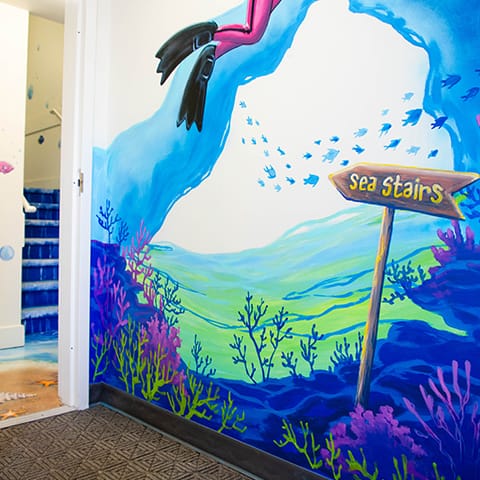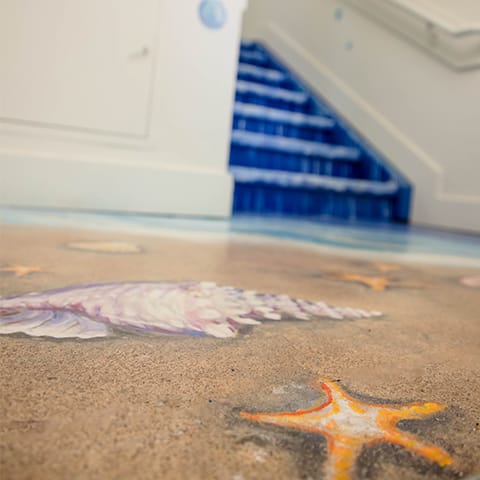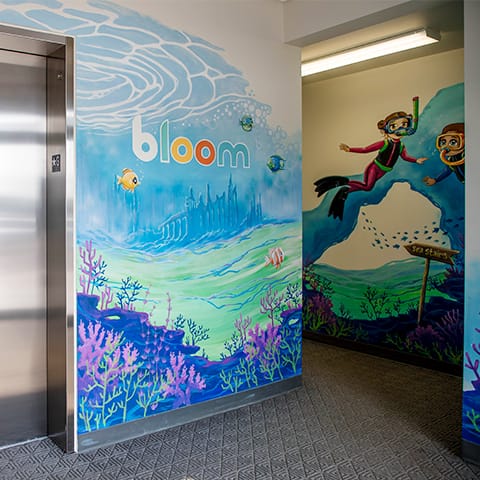Orthodontics for All Ages
Our team strongly believes that everyone deserves a healthy and beautiful smile, regardless of age. We offer orthodontic treatments for patients of all ages, from children to adults. Our comprehensive approach includes traditional braces, Invisalign, retainers, spacers, orofacial myology, and even orthognathic surgery if necessary.
Whether you’re seeking orthodontic treatment for yourself or your kids, we have the experience and technology to help you achieve your smile goals. Contact us to schedule your appointment today.
Book AppointmentYour Home for Orthodontics
Dr. Jonelle Crichton specializes in helping patients of all ages achieve beautiful and healthy smiles. Our team works together to provide personalized service in a comfortable, stress-free environment.
We implement innovative technology such as the iTero scanner, CBCT x-ray machine, SureSmile, Invisalign, and Damon self-ligating braces to provide a comprehensive experience for our patients.
Explore Our Orthodontic Services
Orthodontics can be overwhelming for patients to consider, and our team is here to help simplify the process.
We offer a wide range of services to help our patients achieve a healthy smile. Our orthodontic treatments include traditional braces, Invisalign, retainers, spacers, orofacial myology therapy, and even orthognathic surgery if necessary.
Braces
Braces can be an effective solution for correcting a wide range of orthodontic issues for all ages, including misaligned or overcrowded teeth, overbites, underbites, and crossbites.
Braces work by applying gentle pressure to the teeth, gradually moving them into their desired position. While wearing teeth braces, it is important to maintain a regular oral hygiene routine, including brushing and flossing regularly.
If you notice that your retainer no longer fits properly, it is important to contact us as soon as possible to have it adjusted or replaced.
Invisalign
Invisalign is a clear and convenient alternative to traditional braces that uses a series of custom-made aligners to gradually straighten teeth.
Patients who choose Invisalign can enjoy a virtually invisible treatment that offers several benefits over traditional braces. Invisalign aligners are removable, which means you can take them out during meals and when brushing and flossing, allowing for better oral hygiene and making it easier to enjoy your favourite foods.
Retainers
Retainers are an essential aspect of orthodontic treatment and are used to maintain the results achieved with braces or Invisalign. We offer a variety of retainer options to help our patients keep their teeth aligned.
Retainers work by holding the teeth in their new position after treatment, preventing them from shifting back to their original position. We typically instruct our patients to wear their retainer every night while sleeping to help with maintaining alignment.
If you notice that your retainer doesn’t fit properly or is causing discomfort—please contact us as soon as possible.
Spacers
Dental spacers, also known as separators, are an orthodontic appliance used to create space between teeth before the placement of braces or other orthodontic appliances. We may recommend dental spacers to help alleviate crowded teeth and achieve optimal results from your orthodontic treatment.
Dental spacers work by placing pressure on the teeth, gradually moving them apart to create the necessary space. They are typically installed between the molars and can be made of either rubber or metal.
The process of installing dental spacers is relatively simple and usually only takes a few minutes.
Orofacial Myology & Orthognathic Surgery
Orofacial myology and orthognathic surgery are 2 specialized areas of orthodontics that help correct issues related to the jaw and facial muscles.
At Bloom Orthodontics, we offer both orofacial myology as an early interceptive treatment for your children and orthognathic surgery for all ages as part of our comprehensive orthodontic care services.
Orofacial Myology
Orofacial myology is a specialized therapy that works to correct improper tongue positioning, swallowing patterns, and other muscle-related concerns that can impact dental health and overall well-being.
One of the key components of orofacial myology is patient education, and our experienced orthodontist, Dr. Crichton, plays a vital role in guiding your children through the therapy process.
During the initial consultation, Dr. Crichton will evaluate your child’s oral and facial muscles to determine if orofacial myology is necessary.
Orthognathic Surgery
Orthognathic surgery is a type of surgical procedure aimed at correcting complex orthodontic issues related to the jaw. At Bloom Orthodontics, we offer orthognathic surgery as an effective treatment option for patients who may require more extensive intervention for their orthodontic needs.
Orthognathic surgery can achieve a wide range of outcomes, including correcting bite alignment issues, improving speech, and reducing jaw pain.
The surgery is performed by an oral and maxillofacial surgeon who works closely with our orthodontist, Dr. Crichton, to develop a personalized treatment plan for each patient.
Retainers
Retainers are an essential aspect of orthodontic treatment and are used to maintain the results achieved with braces or Invisalign. We offer a variety of retainer options to help our patients keep their teeth aligned.
Retainers work by holding the teeth in their new position after treatment, preventing them from shifting back to their original position. We typically instruct our patients to wear their retainer every night while sleeping to help with maintaining alignment.
If you notice that your retainer doesn’t fit properly or is causing discomfort—please contact us as soon as possible.
Spacers
Dental spacers, also known as separators, are an orthodontic appliance used to create space between teeth before the placement of braces or other orthodontic appliances. We may recommend dental spacers to help alleviate crowded teeth and achieve optimal results from your orthodontic treatment.
Dental spacers work by placing pressure on the teeth, gradually moving them apart to create the necessary space. They are typically installed between the molars and can be made of either rubber or metal.
The process of installing dental spacers is relatively simple and usually only takes a few minutes.
Experienced & Comprehensive Care
At Bloom Orthodontics, we offer a variety of different treatment options and therapies for orthodontics. From children to teens and adults, we provide a memorable, productive experience every time you visit us.
Contact us to schedule your appointment today and find out what orthodontic treatment can benefit your teeth and oral health.
Book AppointmentCome Visit Us
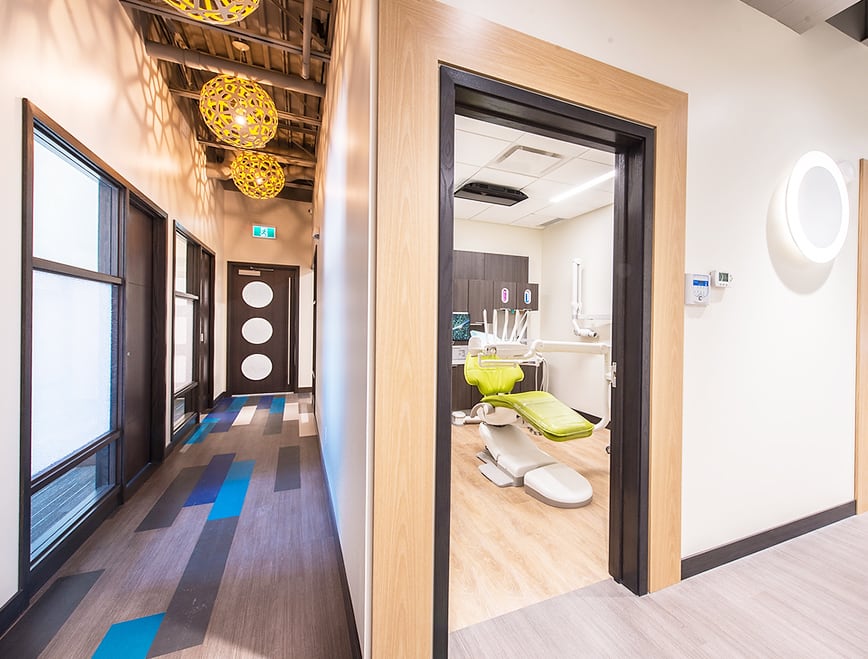
You can find us just off 50 Street, with plenty of parking available in front of the clinic. Look for our beautiful Bloom sign!
Our Address
- 6209 50 St., #201
- Leduc, AB T9E 7A9
Contact Us
- Phone: 780-612-9762
- Email: info.ortho@bloomdentistry.ca
Clinic Hours
- Monday: 8:00 AM – 4:00 PM
- Tuesday: 8:00 AM – 4:00 PM
- Wednesday: 8:00 AM – 4:00 PM
- Thursday: 8:00 AM – 4:00 PM
- Friday: 8:00 AM – 4:00 PM
- Saturday: By Appointment
- Sunday: Closed

